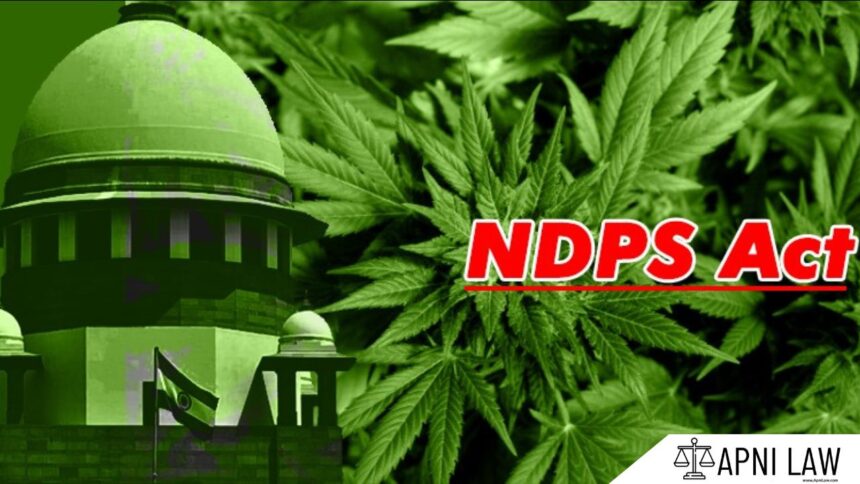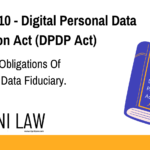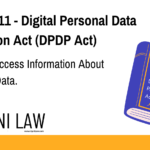Weak Evidence for Conviction
The Jammu & Kashmir and Ladakh High Court ruled that call detail records (CDR) showing contact between an accused and a co-accused, without voice recordings, are insufficient for conviction under Section 27-A of the NDPS Act. The court noted that such evidence raises suspicion but does not establish guilt beyond a reasonable doubt.
Case Background
The case originated from an FIR under Sections 8/21/22/25/27-A/29 of the NDPS Act. On March 30, 2023, police intercepted a Tata Nexon carrying Harpreet Singh and Ranjeet Singh. They allegedly transported heroin and Rs. 16,71,520/- in cash collected from another accused, Yaqoob Ali. During interrogation, the duo claimed they worked under petitioner Yugraj Singh, whom they described as the “kingpin” of a drug smuggling network between Punjab and Jammu & Kashmir.
Petitioner’s Defense
Authorities arrested Yugraj Singh on June 8, 2023, and charged him under Section 27-A for financing illicit trafficking. His bail plea was initially denied by the trial court, leading him to seek relief from the High Court. Justice Sanjay Dhar analyzed the case and found that the prosecution primarily relied on the disclosure statements of the co-accused and the petitioner himself.
Court’s Ruling
The court emphasized that confessions made to police officers are inadmissible under Section 26 of the Evidence Act unless recorded before a magistrate. It further highlighted that under Section 27, only statements leading to new evidence are valid, which was not applicable in this case. Citing the Supreme Court’s ruling in Tofan Singh vs. State of Tamil Nadu (2021) and the High Court’s judgment in Rayees Ahmad Dar vs. UT of J&K (2022), Justice Dhar reinforced that custodial statements cannot be used against a co-accused.
Lack of Substantive Evidence
The prosecution relied on CDRs to establish communication between Yugraj Singh and the co-accused. However, the court ruled that call logs alone, without voice recordings or incriminating conversations, do not prove guilt under Section 27-A.
Bail Granted on Parity
The respondents argued that the petitioner had a history of drug trafficking, but the court found no supporting details. It ruled that without concrete evidence, there was no basis to assume he would re-offend if released. Additionally, since co-accused Yaqoob Ali had already secured bail, the court granted Yugraj Singh bail on grounds of parity, subject to certain conditions.








